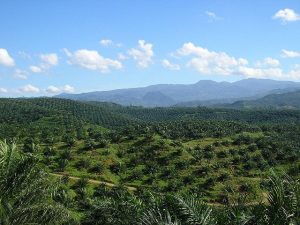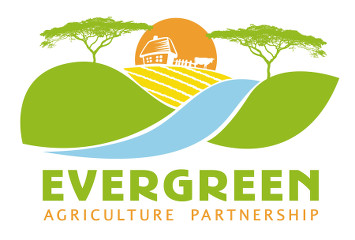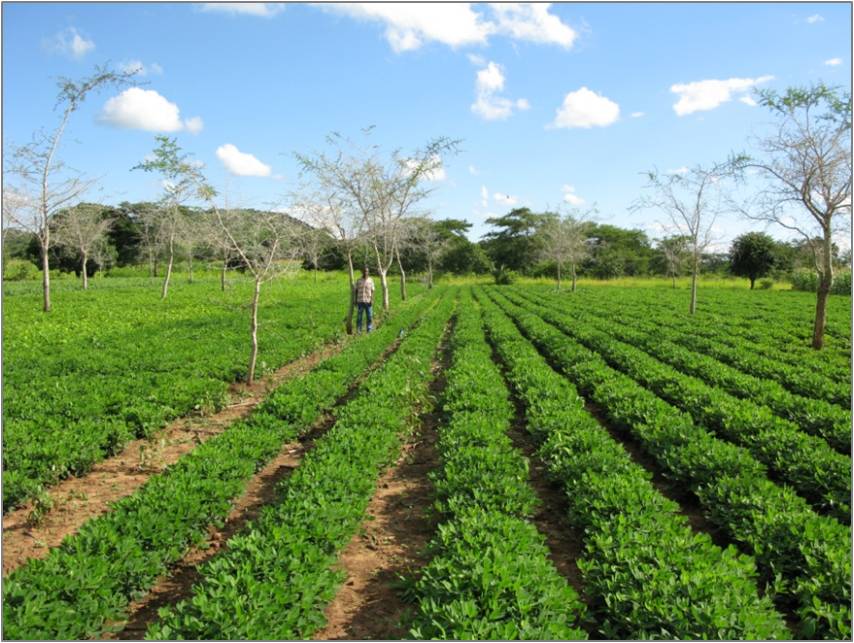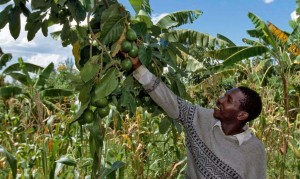 The world has never seen such political momentum to protect our planet’s forests. Around the world, 366 companies, worth $2.9 trillion, have committed to eliminating deforestation from their supply chains, according to the organization Supply Change. Groups such as the Tropical Forest Alliance 2020, the Consumer Goods Forum and Banking Environment Initiative aim to help them achieve these goals.
The world has never seen such political momentum to protect our planet’s forests. Around the world, 366 companies, worth $2.9 trillion, have committed to eliminating deforestation from their supply chains, according to the organization Supply Change. Groups such as the Tropical Forest Alliance 2020, the Consumer Goods Forum and Banking Environment Initiative aim to help them achieve these goals.
But it’s one thing to commit to eliminating deforestation – it’s decidedly more complex for global companies to actually do it.
Around 70 percent of the world’s deforestation still occurs as a result of production of palm oil, soy, beef, cocoa and other agricultural commodities. These are complex supply chains. A global company like Cargill, for example, sources tropical palm, soy and cocoa from almost 2,000 mills and silos, relying on hundreds of thousands of farmers. Also, many products are traded on spot markets, so supply chains can change on a daily basis. Such scale and complexity make it difficult for global corporations to trace individual suppliers and root out bad actors from supply chains.
Yet with emerging advances in technology and big data, deforestation is more easily exposed – and it’s more difficult for companies to turn a blind eye to unsustainable practices in their supply chains.
Originally published on the World Resources Institute (WRI) website




